Brendan Scanland
WASHINGTON, D.C. — It’s day 15 of the government shutdown and Washington remains at a standstill.
New polling is shining a light on how Americans feel about the impasse — and who they blame for it.
On Wednesday, another short-term funding bill collapsed for the ninth time in the Senate. If lawmakers don’t strike a deal in the next 20 days, it would become the longest shutdown in U.S. history.
“We’re barreling toward one of the longest shutdowns in American history unless Democrats drop their partisan demands and pass a clean, no strings attached budget to reopen the government,” said Speaker of the House Mike Johnson, R-La.
“House Republicans shut the government down. Then they ran out of town, and for the last three weeks, they’re nowhere to be found,” said House Minority Leader Hakeem Jeffries, D-N.Y.
As party leaders in D.C. pin the blame on their counterparts, new polling is shedding light on who the public believes is at fault. A recent Reuters/Ipsos poll that surveyed more than 1,100 Americans from Oct. 3–7 found that 37% of respondents blame Democrats, 37% blame Donald Trump and 19% blame Republicans in Congress.
Analysts say the shutdown, now in its third week, was prompted by Democratic demands to include health care concessions in the short-term funding bill, which is unusual. Yet, Republicans have struggled to change public opinion about who’s at fault.
“Part of the problem is that the Republicans are engaging in some extraordinary measures, such as layoffs and shutting down federal funding to certain cities and states, and that is making them look like the bad guy at a chance where they have an opportunity to take the high road,” said Dr. Todd Belt, professor and director of the Political Management Master’s Program at George Washington University.
“We’re closing up programs that are Democrat programs that we were opposed to. They’re never going to come back in many cases. So we’re being able to do things that we were unable to do before,” said President Trump on Tuesday.
The same poll found that only 29% of independents blame Democrats in Congress for the shutdown. A total of 64% of independents sampled blamed either congressional Republicans or Trump.
Even though Republicans appear to bear the brunt of a shutdown, Belt said attitudes can change as the impasse drags on.
“Of course, as things go on and as messaging changes, that could change as well,” said Belt.
That appears to be the case according to a separate The Economist/YouGov poll that surveyed 1,622 U.S. adults from Oct. 10–13. The poll shows Republicans and Trump taking blame over Democrats by a margin of six points: 39% to 33%. However, that six-point gap appears to be tightening — down from an 11-point spread just a week ago. The share who blames both sides equally has also dipped to 20%, suggesting more Americans are choosing a side in the funding fight.
The stakes are high heading into next year’s crucial midterms. The shutdown could impact the 2026 races, but Belt said the shutdown is unlikely to have as large of an impact as the issue atop everybody’s mind at the ballot box.
“If the economy is doing well, the Republicans will also do well. If it’s doing poorly, then the Democrats have a prime opportunity to retake the House and maybe even the Senate,” said Belt. “When it comes to the issue of the shutdown and how it might affect the elections, it’s only tangentially. The shutdown could reflect poorly on them [Republicans] with some people for whom this is an important issue.”
